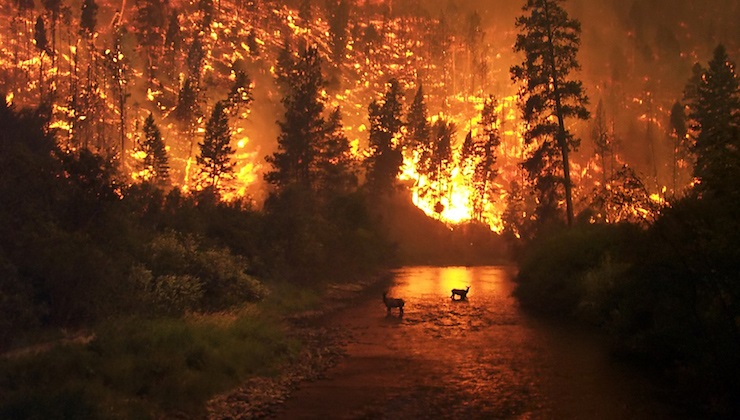BBC Future just published an essay by GCRI Executive Director Seth Baum titled “Why catastrophes can change the course of humanity” on global catastrophes and the long-term fate of human civilization. The essay argues that we need to consider the impact of potential catastrophes not just on people alive today but also on the long-term future of humanity.
The essay draws on a paper Dr. Baum wrote with a group of scholars including Olle Häggström, Robin Hanson, Karin Kuhlemann, Anders Sandberg, and Roman Yampolskiy on the “Long-Term Trajectories of Human Civilization” that argues that actions we take today may affect the trajectory of human civilization millions, billions, or even trillions of years in the future. “If humanity can succeed at avoiding catastrophes, or if we can recover from them, then we may be poised for an incredibly bright future—one enriched by transformative technologies and expansion into outer space,” Dr. Baum writes. “But if we fail, the harm could be permanent.”
Image credit: project_lm9










